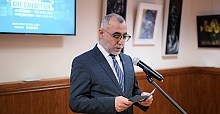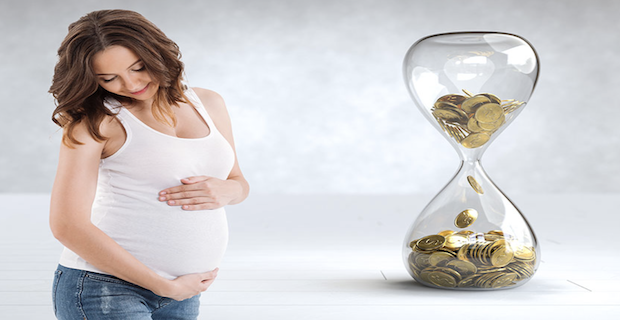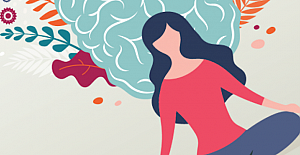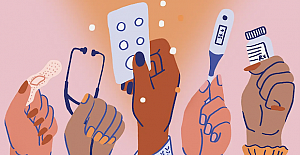Egg donation plays a significant role in IVF treatments, offering many couples the hope of having children. This article will discuss what egg donation is, who it's suitable for, and how the process works.
What is Egg Donation?
Egg donation involves giving another woman's eggs to someone who wishes to have children. It's often recommended for women who struggle to get pregnant with their own eggs or have reduced ovarian function due to menopause or other reasons.
Who is it Suitable For?
Egg donation is especially preferred in the following situations:
- Women with low or no ovarian reserve.
- Women at risk of passing on genetic diseases.
Women who have gone through menopause or received chemotherapy/radiotherapy.
The Egg Donation Process
The egg donation process involves several steps:
- Donor Selection: Finding a suitable egg donor.
- Medical Screening: Both donor and recipient undergo medical and genetic testing.
- Egg Retrieval: Collecting eggs from the donor.
- Fertilization and Embryo Transfer: Fertilizing the collected eggs in a lab with sperm and then transferring them to the recipient's uterus.
Advantages of Egg Donation
High pregnancy rates: Eggs from younger donors typically lead to higher success rates.
Reduced genetic disease risk: Increases the chance of having a healthy baby for couples at risk of genetic transmission.
Ethical and Legal Aspects
Egg donation brings with it ethical and legal debates. It's essential that everyone involved, especially donors and recipients, are fully informed and consent to each stage of the process.
Cost of Egg Donation
The cost of egg donation varies from clinic to clinic and country to country. It covers the donor's medical expenses, egg retrieval, and embryo transfer processes.
Psychological Effects of Egg Donation
The process of egg donation is not just physical but also significant psychologically for both couples and donors. For recipients, there are emotional effects of having a child that is not genetically theirs. For donors, facing the reality that a child they helped create will not play an active role in their lives can be challenging. Therefore, psychological support and counseling for all parties are advised.
Advice for Couples Considering Treatment
Couples considering egg donation and IVF treatment are advised to get detailed information at every stage, maintain open communication with their doctors about costs, success rates, and potential risks. Psychological and emotional support can also help couples have a healthier experience during this challenging process.
Egg donation in IVF treatment is a promising yet complex process. It can be physically and emotionally challenging for couples, but with the right support and guidance, it can fulfill the dreams of many to have children. This process, more than just a medical matter, should be carefully considered in its ethical and societal dimensions, with each step thoughtfully addressed.


 After Nesil Caliskan a by-election will be held in Jubilee ward in Enfield
After Nesil Caliskan a by-election will be held in Jubilee ward in Enfield Publishing the analysis, Labour’s Cllr Ergin Erbil said Everybody in Enfield deserves basic rights
Publishing the analysis, Labour’s Cllr Ergin Erbil said Everybody in Enfield deserves basic rights Gaza-Israel conflict Statement from Cllr Ergin Erbil, Leader of Enfield Council
Gaza-Israel conflict Statement from Cllr Ergin Erbil, Leader of Enfield Council Cllr Ergin Erbil was elected as the new Leader of Enfield Council
Cllr Ergin Erbil was elected as the new Leader of Enfield Council The European Union called on Turkey to uphold democratic values
The European Union called on Turkey to uphold democratic values Turkish citizens in London said Rights, Law, Justice
Turkish citizens in London said Rights, Law, Justice The Council of Turkish Cypriot Associations Geneva response letter
The Council of Turkish Cypriot Associations Geneva response letter Sustainable Development and ESG, Will This Become the Course for Turkic World
Sustainable Development and ESG, Will This Become the Course for Turkic World Saran Media And Euroleague Basketball Extend Media Rights Partnership for Four More Years
Saran Media And Euroleague Basketball Extend Media Rights Partnership for Four More Years Will Rangers be Jose Mourinho’s next victim?
Will Rangers be Jose Mourinho’s next victim? Jose Mourinho's Fenerbahce face Rangers on Thursday
Jose Mourinho's Fenerbahce face Rangers on Thursday Inzaghi stated that they felt the absence of our national player Hakan Çalhanoğlu
Inzaghi stated that they felt the absence of our national player Hakan Çalhanoğlu Enfield Council at a special awards ceremony
Enfield Council at a special awards ceremony Enfield Council continues to invest in Edmonton, supported by £11.9 million in funding
Enfield Council continues to invest in Edmonton, supported by £11.9 million in funding Survey shows improvements in Enfield Council’s housing services
Survey shows improvements in Enfield Council’s housing services Why is Thames Water in so much trouble?
Why is Thames Water in so much trouble?


















